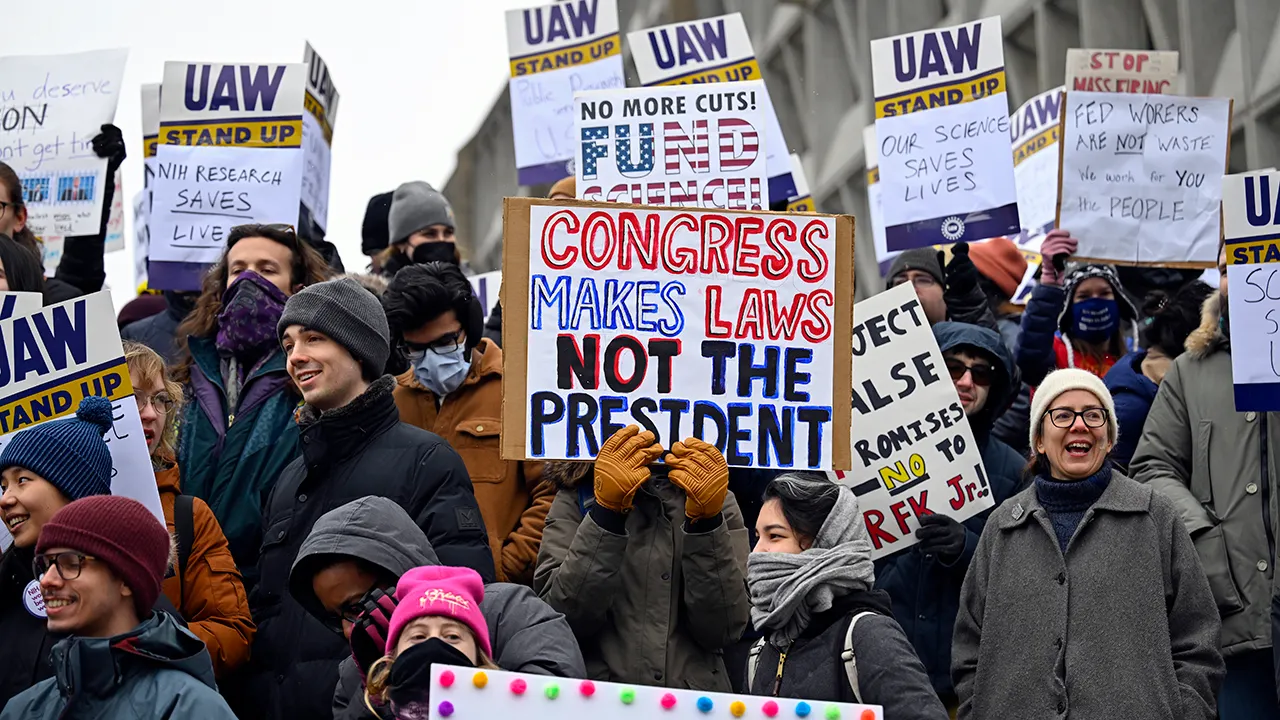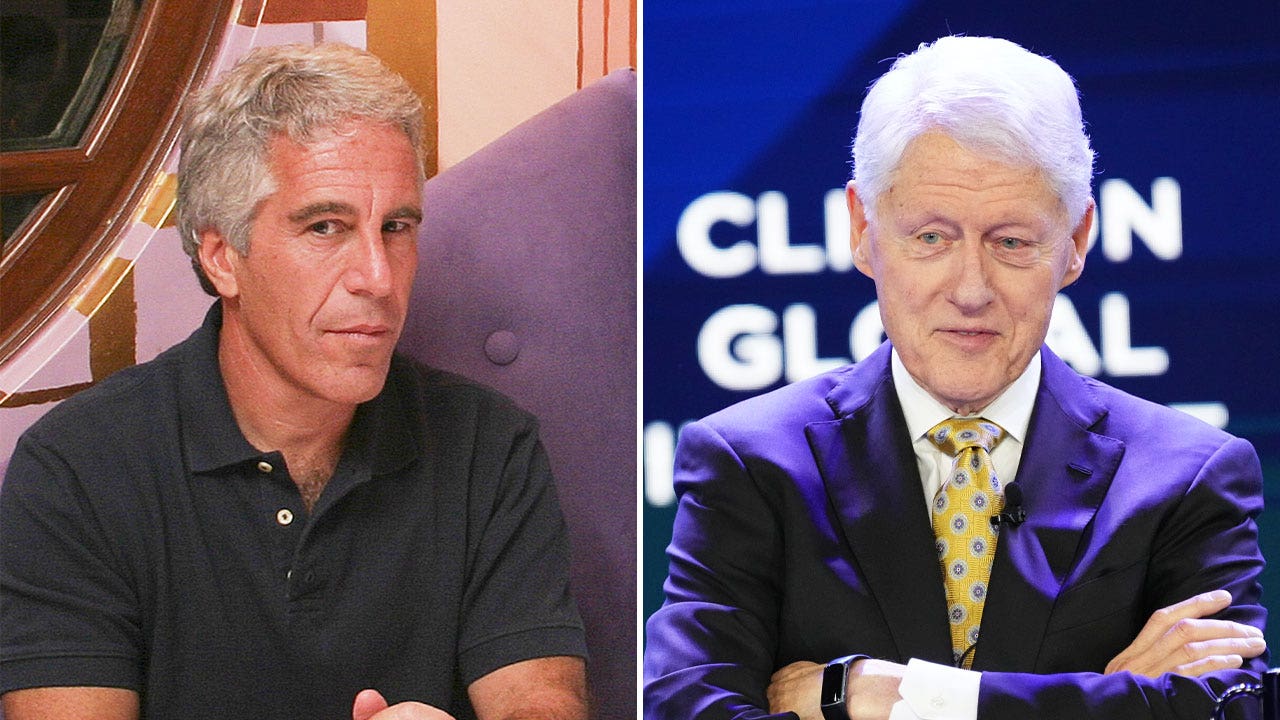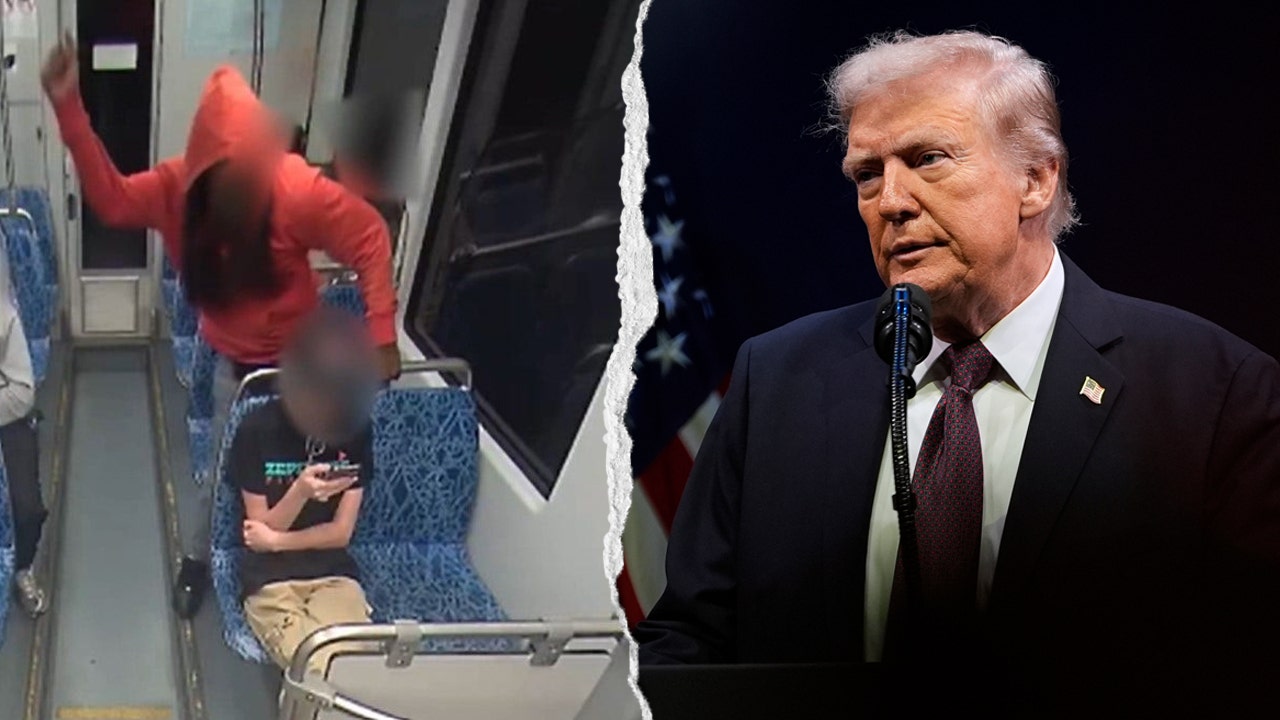NIH funding cuts: Federal judge extends restraining order halting Trump action

A recent ruling by U.S. District Judge Angel Kelley of Massachusetts has extended a temporary restraining order against the Trump administration’s cuts to National Institutes of Health (NIH) research funding. The initial restraining order was issued last week in response to separate lawsuits filed by a group of 22 states and organizations representing universities, hospitals, and research institutions nationwide.
The NIH had announced earlier this month that it would be cutting billions in costs associated with federally funded research grants as part of a broader effort by the Trump administration to reduce wasteful spending. The NIH is the main funder of biomedical research, awarding more than 60,000 grants totaling about $35 billion last year. These funds are divided into “direct” costs, covering researchers’ salaries and laboratory supplies, and “indirect” costs, which include administrative and facility expenses necessary to support the research.
The Trump administration had dismissed these indirect costs as “overhead,” but universities and hospitals argued that they are essential. These costs can include expenses such as electricity for operating machinery, hazardous waste disposal, staff for ensuring safety compliance, and janitorial services. The states and research groups contended that the cuts were illegal, citing bipartisan congressional action during Trump’s first term that prohibited such reductions.
The new policy proposed by the Trump administration would cap indirect costs at 15%, immediately impacting both existing and new grants. This change was estimated to save the NIH $4 billion annually. However, officials at Johns Hopkins University warned that these cuts would lead to the discontinuation or significant scaling back of research projects, potentially affecting the 600 NIH-funded studies available to Hopkins patients.
Despite the administration’s defense of the cuts, stating that the NIH has the authority to alter grant terms after awarding them, the judge ruled in favor of the plaintiffs, extending the temporary restraining order. The ruling highlighted the importance of maintaining adequate funding for biomedical research to ensure continued advancements in healthcare and medical breakthroughs.
In response to the ongoing legal battle, Elon Musk, head of the Department of Government Efficiency under the Trump administration, praised the proposed funding cuts. Musk commended the administration’s efforts to reduce unnecessary spending, particularly in the allocation of research grants.
Overall, the debate over NIH research funding underscores the critical role that federal funding plays in advancing scientific research and healthcare innovation. The outcome of this legal dispute will have significant implications for the future of biomedical research in the United States.




